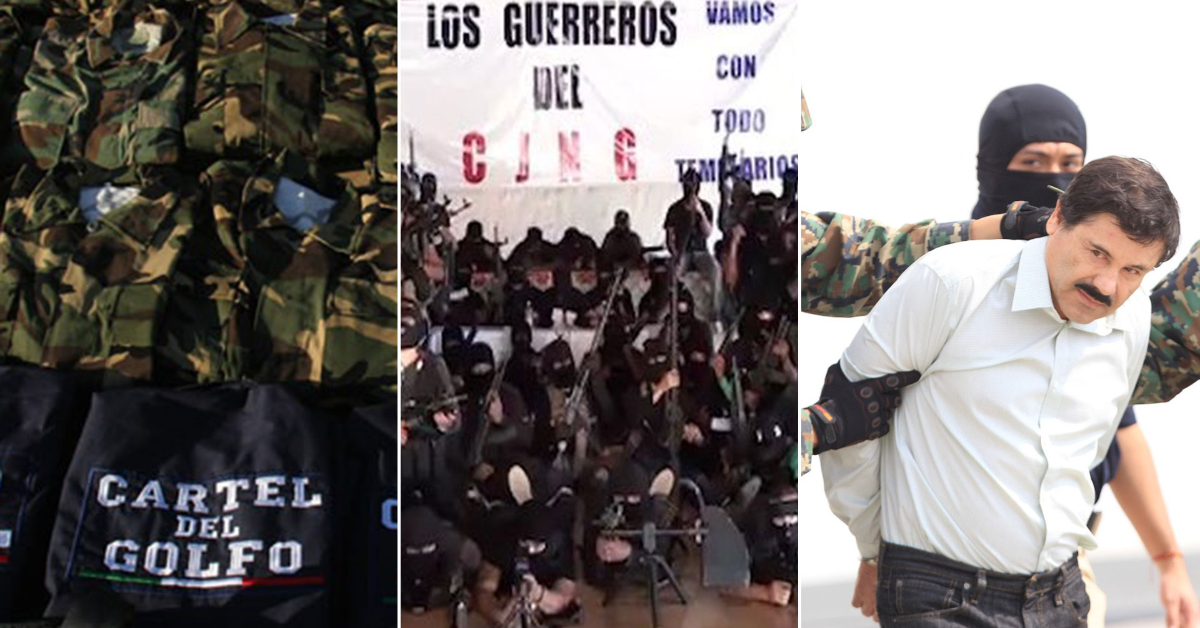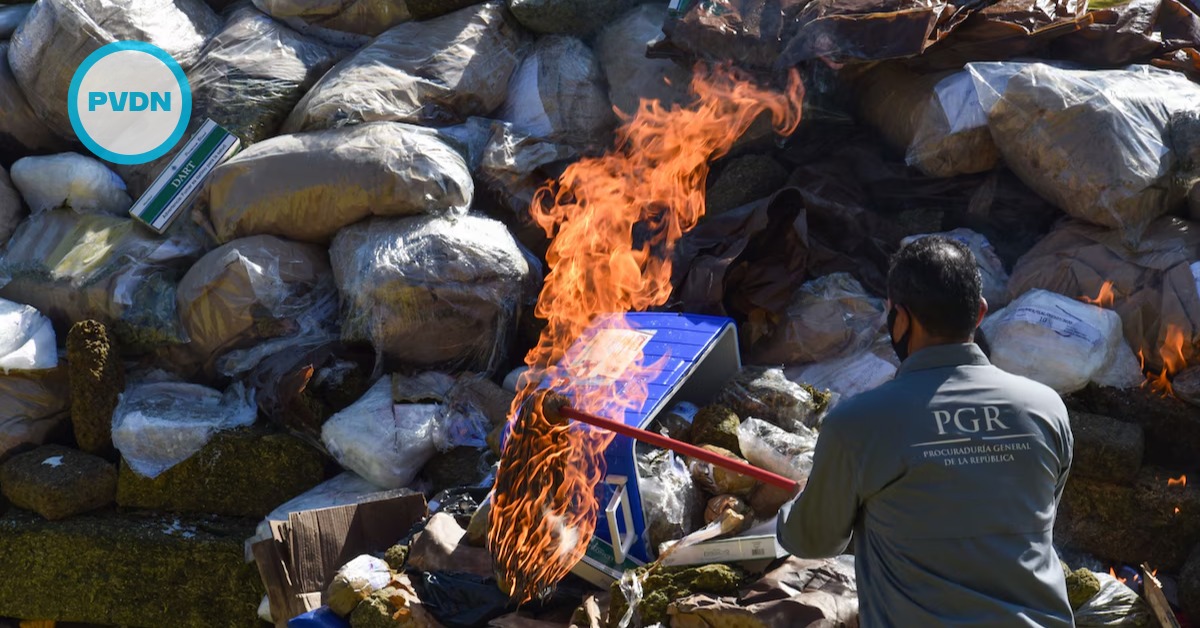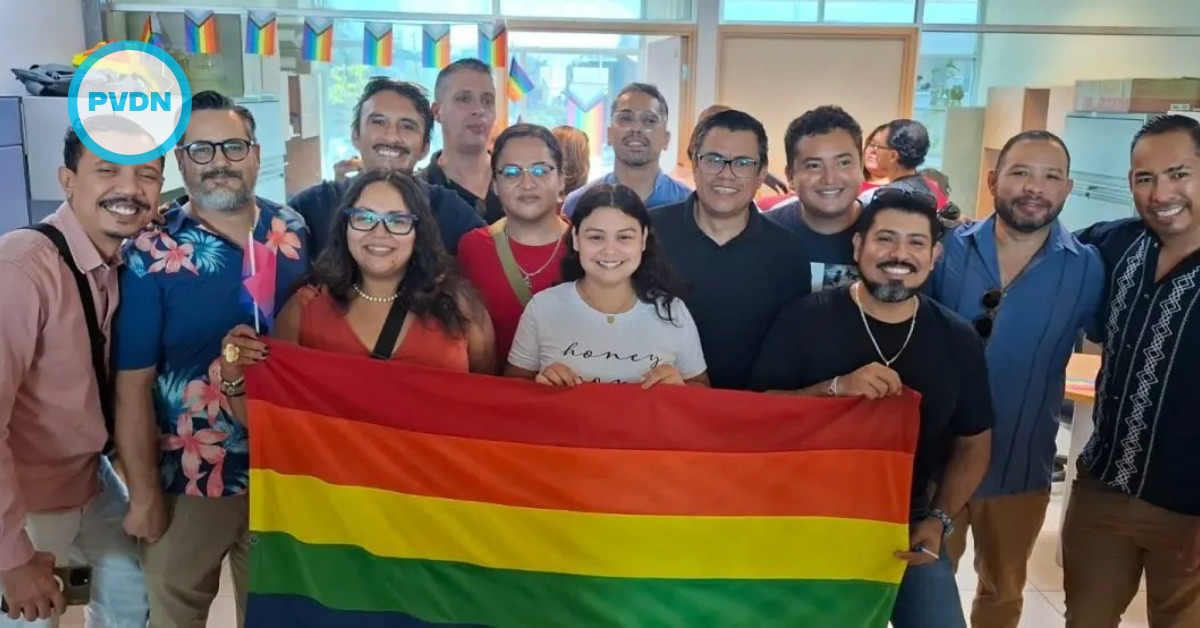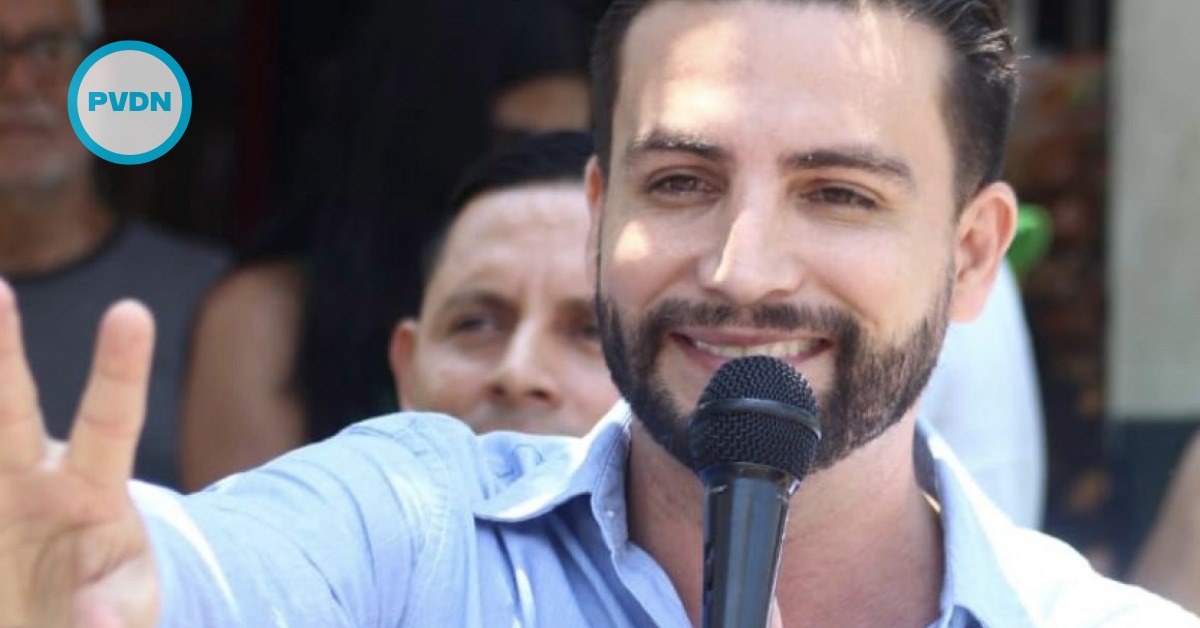deference to Joaquín el Chapo Guzmán, whom he has always referred to as "sir", or to the notorious cartel leader's mother; the benevolence with his son Ovidio and the construction of two highways in the Sierra de Durango, where the Sinaloa Cartel operates hegemonically, and was a boom for trafficking . . .






